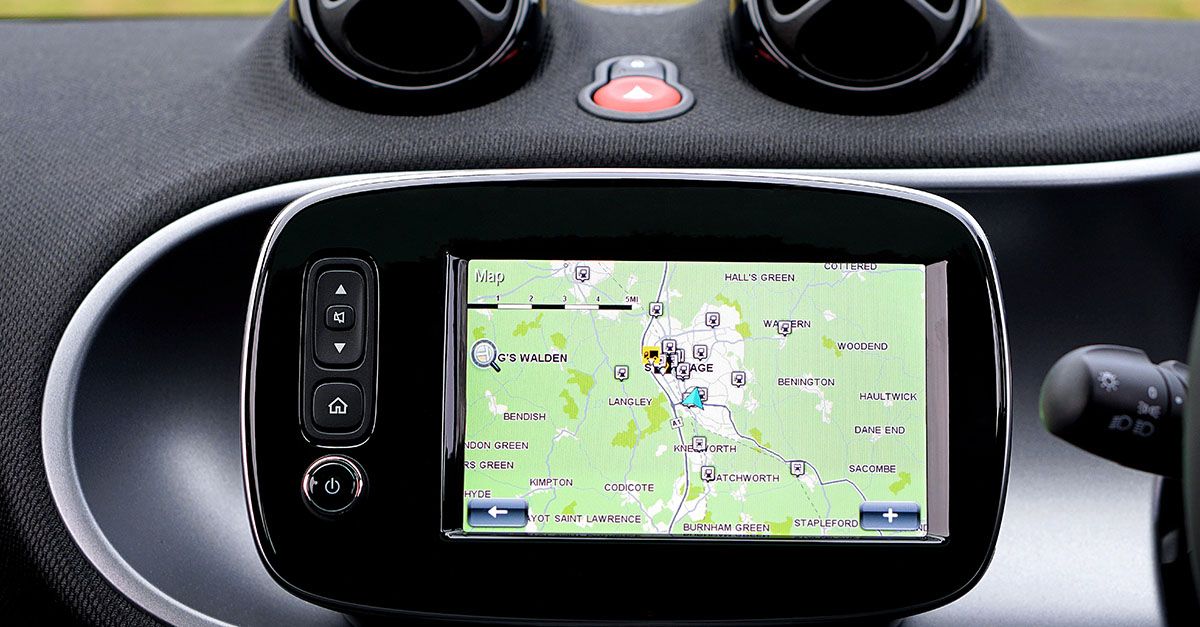The geolocation system in the transport sector

Currently many companies and organizations opt for the use of tools and technological means to control the work activity of their employees, among They include monitoring software, biometric registration systems, video surveillance (public or secret) or a geolocation system that allows knowing the exact position of employees at all times, the latter being increasingly used to control working hours. The question is to know if these tools are valid for labor control and what limits the employer has when carrying out said control.
Is geolocation of workers legal?
The installation of geolocation systems allows the company to know the geographical location of the employee in real time. In this sense, the location of a person is classified as “personal data” and knowledge of this data by the company can oppose the right to freedom and power of business management with respect for the fundamental right to privacy. of the worker.
In order to offer a satisfactory solution for the employee and employer, the legislator and the Constitutional Court have established a series of limits on what they consider to be the fundamental rights of the worker, being these same ones that the employer must respect. In this context, the methods that seek to locate via GPS will be legal as long as they meet the requirements established by the Organic Law on Data Protection (LOPD) in a scrupulous manner.
Thus, from the point of view of the LOPD, the principle of “quality” of data operates, that is, that the data obtained must be “adequate, relevant and not excessive” in relation to the scope and specific, explicit and legitimate purposes for which they were obtained. In other words, an objective reason will suffice to justify the relevance and adequacy of the measure.
Additionally, from the constitutional framework, for business control to be lawful, the business measure must be subjected to a triple examination:
- Adequacy judgment
The installation of the geolocation system must be capable of achieving the objective for which it is used.
- Judgment of necessity
The measure must be necessary as there is no other more moderate resource to achieve the purpose with the same efficiency. Nor should there be a less restrictive measure of fundamental rights.
- Proportionality judgment
The measure must be balanced, deriving more benefits or advantages of general interest than harm to other values or goods in conflict.
Therefore, each specific case must be analyzed to determine whether or not the treatment is justified.
In conclusion, to determine the legality of geolocation we must be proportional in data processing, analyzing it on a case-by-case basis and assessing the specific situation in which the company is located to determine whether the data processing is justified.
Do I need the employee’s consent to install a geolocation system?
The answer is no. The consent of the employee to install a geolocation system will not be necessary, since this decision is within the framework of an employment relationship (exception included in article 6.1. LOPD) and that the employer can, under his power of direction and according to art. 20.3 of the Workers’ Statute, “adopt the measures it deems most appropriate for surveillance and control to verify compliance by the worker with his labor obligations and duties…”. However, the employer must always respect the fundamental digital rights of their workers (privacy, secrecy of communications, dignity, data protection, etc.), which, because they are not absolute rights, when they operate within the company, admit certain limitations or sacrifices.
Therefore, despite not needing express consent, the company must always notify the worker that they are going to be located by GPS to control compliance with functions during the working day, since the installation of the geolocation system supposes the processing of data because it affects identifiable people.
Otherwise, the Supreme Court in a Judgment dated July 19, 2018 [Appeal no. 3945/2017] considers the use of a GPS locator violated the right to privacy when the company fails to comply with its duty to inform the worker of the placement of the device in the assigned vehicle. It must be taken into account that this system allows the possibility of knowing, at all times, through a geolocation system that allows a continuous and permanent monitoring of the vehicle during its use, not only knowing about the position of the employee for security reasons, but also of the exact place where the worker is located. Consequently, not informing the worker involves obtaining personal data for a purpose completely different from that announced and, therefore, without the driver’s prior knowledge, constitutes a procedure that violates fundamental rights.
Therefore, the worker must be informed by virtue of article 89 LOPD that the data provided by the GPS location solution can be used for purposes such as optimization of processes, control of tasks, increased security and also possible sanctions or dismissal.
Do I need the worker’s consent for data processing?
The recommended answer is yes. Once the geolocation system is installed, as a general rule, unequivocal consent will be required for data processing (art. 6 LOPD). In addition, the interested parties from whom personal data is requested must be previously informed in an express, precise and unequivocal manner (art. 5 LOPD).
Informing the worker of the purposes of data processing is a fundamental element to defend business interests. In this way, the private interest of the employer in data processing or GPS installation cannot be justified without prior information on the labor control put into practice. Therefore, for the installation of said system to be considered lawful, the worker must be informed of the use of a GPS management and location tool.
In conclusion, those companies that opt for the implementation of the GPS geolocation system with their workers, we recommend informing their employees of the use and use of it. Although it is true that the existence of an employment relationship empowers the company to, in the exercise of its managerial and supervisory powers, establish some limits to the digital rights of workers, however, said device must not be used outside of working hours. work, and in the case of dealing with information obtained outside of working hours, it must pass the indicated triple examination.



















